What are the best movies with 'lost' in the title?
The concept of being lost, whether physically or metaphorically, is a powerful theme explored across many film genres. This list dives into some notable movies that feature 'lost' right there in their titles.

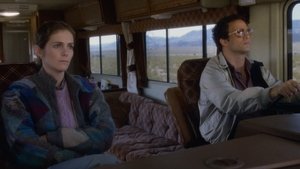
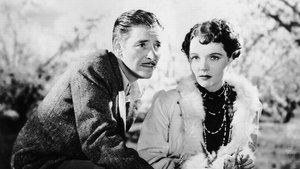
The word "lost" in a movie title immediately evokes a sense of mystery, disorientation, or perhaps adventure. It's a versatile concept that filmmakers have used to craft stories ranging from intimate character studies to grand historical epics and even unsettling psychological thrillers.
Consider the profound sense of isolation and unexpected connection in a film like Lost in Translation, or the surreal, nightmarish journey of identity in David Lynch's Lost Highway. The theme isn't limited to human drama; it can signify literal, perilous expeditions into unknown territories, as seen in The Lost City of Z, or delve into the supernatural and horrific, like the vampire mythology of the Lost Boys series.
This collection highlights the diverse ways directors interpret the state of being lost, offering glimpses into different eras and cinematic styles. Prepare to explore stories where characters grapple with finding their way, uncovering hidden truths, or simply navigating unfamiliar landscapes.
13. Lost In Space Forever (1998)
More of a nostalgic celebration than a traditional movie, this TV special serves as both a documentary looking back at the classic 1960s series 'Lost in Space' and a reunion featuring most of the original cast members in character for new bridging segments.
Hosted by John Larroquette, it offers interviews, clips, and behind-the-scenes stories from the beloved sci-fi show. The new scenes provide a fun, albeit brief, glimpse at the Robinson family and Dr. Smith decades later. It's a treat for fans of the original series, providing a fond look back at its legacy and impact on television history.
12. Lost Boys: The Thirst (2010)
The third installment in the 'Lost Boys' series, another direct-to-video sequel that brings back Corey Feldman as the veteran vampire hunter Edgar Frog, this time teaming up with his brother Alan (Jamison Newlander) and a reality TV star to battle a new coven of vampires.
Leaning heavily into the comedic and action elements, 'The Thirst' embraces its B-movie status. It features more over-the-top vampire slaying and focuses squarely on the Frog brothers' ongoing battle against the undead. It's a low-budget continuation catering specifically to the dedicated fanbase of the original film and its first sequel.

11. Lost Boys: The Tribe (2008)
A direct-to-video sequel attempting to recapture the cool vampire vibe of the 1987 original, this film follows siblings who move to a California coastal town and quickly discover its local vampire problem. Corey Feldman returns as Edgar Frog, the vampire hunter, now living a reclusive life.
While it updates the setting and introduces a new generation of victims and hunters, it largely follows the template of its predecessor. It aims for the same blend of horror and action but struggles to replicate the charm and style that made the original a cult classic. It's primarily for fans curious to see the 'Lost Boys' universe continued.

10. Lost Souls (2000)
This supernatural thriller leans into millennial anxieties about the turn of the millennium, centering on a young woman (Winona Ryder) who believes the Antichrist is about to be born into the body of a crime writer (Ben Chaplin).
The film attempts to build a sense of dread and religious horror, exploring themes of faith, evil, and destiny. While it features a notable cast and some stylistic flourishes, it was largely panned by critics upon release for its convoluted plot and failure to deliver on its intriguing premise. It's a film very much rooted in the specific Y2K-era fascination with apocalyptic themes.
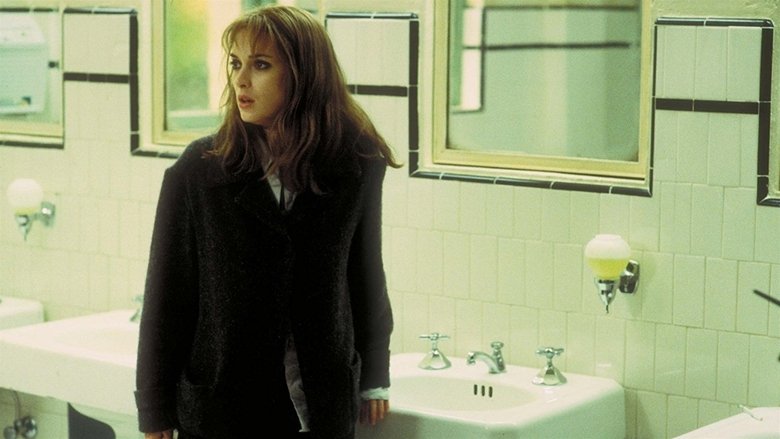
9. Lost in Beijing (2007)
This Chinese drama offers a stark look at the lives and relationships of ordinary people in modern Beijing, focusing on issues of infidelity, social inequality, and exploitation. The story centers on a masseuse, her husband, her wealthy boss, and his wife, whose lives become entangled after a complex series of events.
The film gained international attention but faced significant censorship issues in China due to its sensitive themes and portrayal of contemporary society. It's a raw, unflinching look at the moral compromises and struggles faced by individuals caught in difficult circumstances in a rapidly changing urban landscape.

8. Lost River (2015)
Ryan Gosling made his directorial debut with this visually ambitious, albeit divisive, film. Set in a decaying, almost post-apocalyptic Detroit, it follows a young man trying to save his family home and his mother who is drawn into a dark, surreal underworld.
Influenced by the works of directors like David Lynch and Terrence Malick, 'Lost River' prioritizes atmosphere and symbolic imagery over traditional narrative. It's a film that leans heavily on its striking, dreamlike visuals and moody score, creating a distinct sense of place and despair. While critics were split, it's a fascinating look at Gosling's artistic sensibilities behind the camera.

7. Lost and Delirious (2001)
Set in a secluded all-girls boarding school, this drama explores the intense and complex relationships between three teenage students played by Piper Perabo, Jessica Paré, and Mischa Barton. When two of the girls' romantic relationship is discovered, it sends ripples through their friendships and the rigid world of the school.
The film delves into themes of first love, sexual identity, loyalty, and rebellion against societal norms. While sometimes melodramatic, it features committed performances from its young leads and captures the heightened emotions and pressures of adolescence in a cloistered environment. It's a film that resonated with many for its earnest portrayal of burgeoning identity.
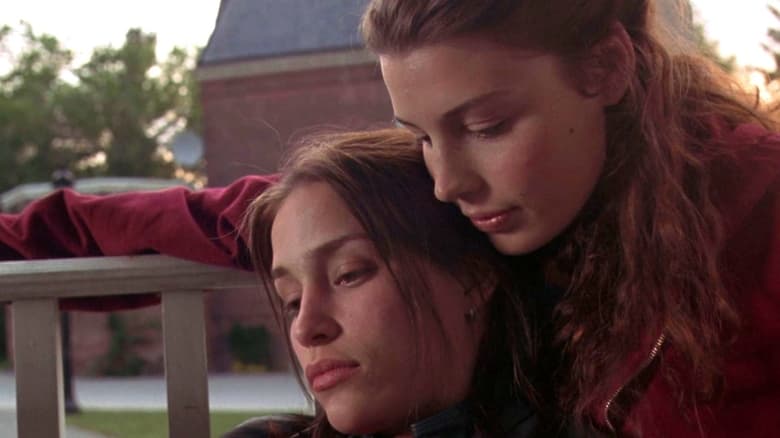
6. Lost in La Mancha (2002)
This documentary offers an incredibly candid and often hilarious look at the chaotic collapse of director Terry Gilliam's attempt to film 'The Man Who Killed Don Quixote' in 2000. What starts as a behind-the-scenes look at filmmaking quickly devolves into a chronicle of disaster.
From flash floods destroying sets and equipment to a lead actor suffering a herniated disc and the production losing insurance, it seems everything that could go wrong does go wrong. It's a fascinating, frustrating, and ultimately poignant portrait of the passion, ambition, and sheer bad luck involved in bringing a creative vision to life. A must-watch for anyone interested in the brutal realities of filmmaking.
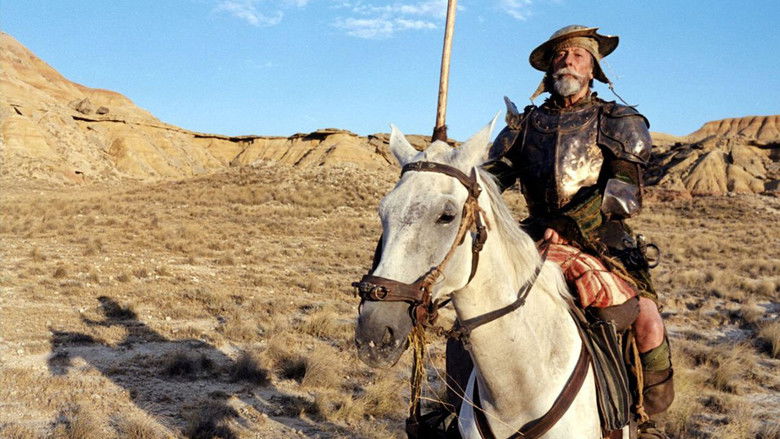
5. Lost Horizon (1937)
Frank Capra directed this classic adaptation of James Hilton's novel, introducing the world to the mythical utopian valley of Shangri-La. Ronald Colman stars as a British diplomat whose plane crashes in the Himalayas, leading him and fellow survivors to this secluded paradise where people live in peace and age is dramatically slowed.
The film explores themes of escapism, isolation, and the search for meaning in a turbulent world (very relevant in the 1930s). While production was famously troubled and the initial cut was much longer, the version we have today remains a visually striking and thought-provoking fantasy adventure, famous for its incredible, Oscar-winning production design.

4. Lost in America (1985)
Albert Brooks hilariously skewers 1980s yuppie culture in this sharp comedy. Brooks and Julie Hagerty play a successful couple who decide to drop out of society, buy an RV, and rediscover America, only for their plan to unravel spectacularly thanks to a fateful stop in Las Vegas.
Brooks also wrote and directed, infusing the film with his signature blend of awkward social commentary and deadpan humor. It's a biting satire on the idea of 'finding yourself' when you're already incredibly privileged, and the comedic timing of Brooks and Hagerty is spot-on throughout. A classic slice of '80s independent comedy.

3. The Lost City of Z (2017)
James Gray directs this engrossing true-life adventure story based on the exploits of British explorer Percy Fawcett. Charlie Hunnam stars as Fawcett, who becomes obsessed with finding a mythical ancient civilization in the Amazon rainforest, pushing himself and his crew to their limits over multiple expeditions.
The film is gorgeous to look at, capturing the harsh beauty and danger of the jungle. It's a story about obsession, colonialism, and the pull of the unknown, featuring strong supporting turns from Robert Pattinson, Sienna Miller, and Tom Holland. Filming in challenging jungle locations mirrored the trials faced by the real explorers, adding an authentic layer to this epic tale.

2. Lost Highway (1997)
Step into the mind-bending world of David Lynch with this surreal neo-noir. 'Lost Highway' is a puzzle box of a film, deliberately disorienting the viewer with its non-linear narrative, doppelgängers, and deeply unsettling atmosphere.
Featuring striking performances from Bill Pullman, Patricia Arquette (in dual roles!), and Robert Blake as the genuinely terrifying Mystery Man, the film plunges into themes of identity, paranoia, and fractured reality. Its intense visuals and industrial sound design create a truly unique and unnerving cinematic journey. It's a film designed to be felt rather than fully understood on a first watch, inviting endless interpretation.

1. Lost in Translation (2003)
Sofia Coppola's Oscar-winning masterpiece is a beautifully understated exploration of loneliness and connection in a foreign land. Bill Murray delivers one of his most nuanced performances as a fading actor finding unexpected camaraderie with Scarlett Johansson's adrift young woman in the disorienting bustle of Tokyo.
It's less about plot and more about atmosphere, capturing the feeling of being isolated yet finding a profound, fleeting bond. The film's quiet observation and subtle humor, coupled with its stunning cinematography and perfect soundtrack, create an experience that lingers long after the credits roll. That iconic final scene? Pure cinema magic!

